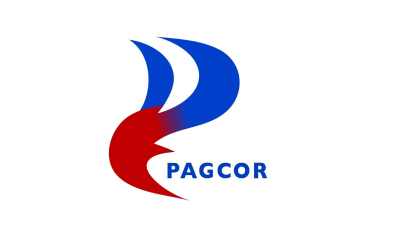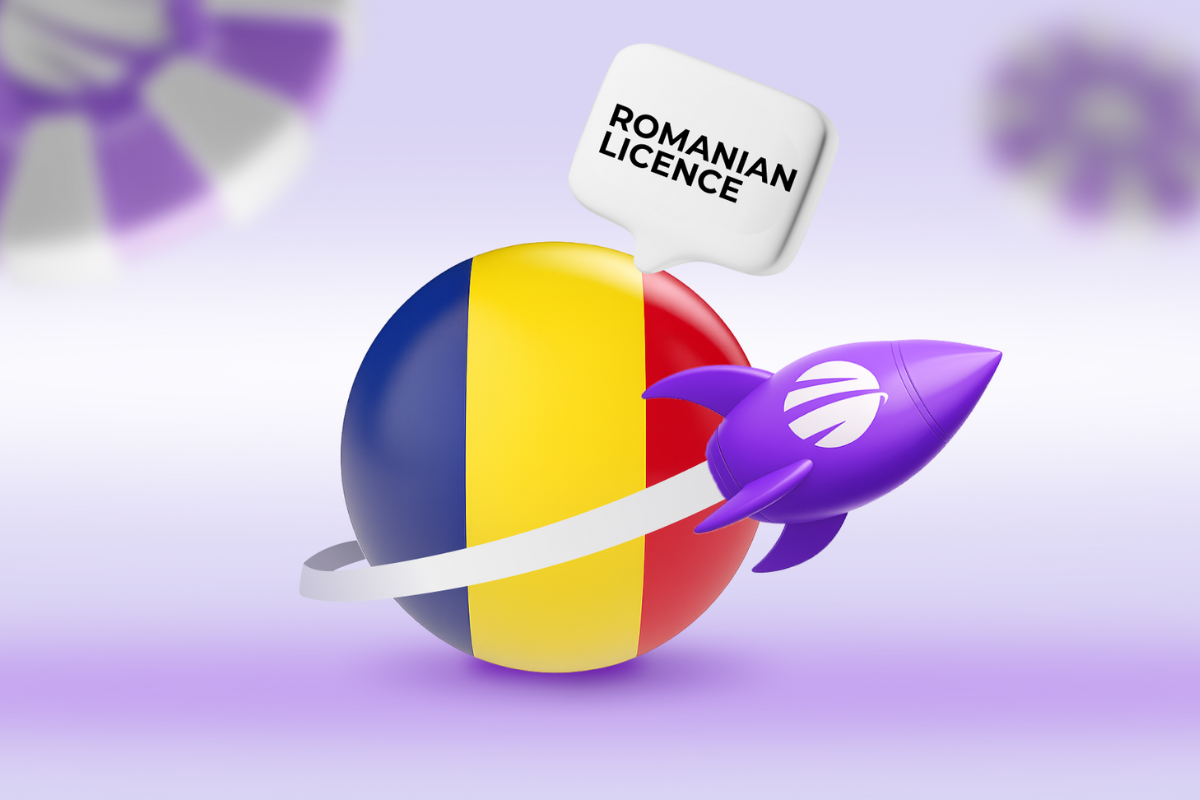European Union
EU ombudsman’s ruling in EU’s favor on EBGA online gambling complaint seems a small wonder

The European Union’s Ombudsman office has ruled against the European Gaming and Betting Association (EGBA) with regard to a complaint that the group filed opposing EU, the previous year, over its deliberate dropping of cases involving cross-border (but within the EU) offering of online gambling services.
The EGBA filed its grievances against the EU back in December of 2016 in response to EU falling short of enforcing the EU’s cross-border codes referring the online-gambling services. The group cited several instances of the EU’s failure to intervene or force compliance by member countries. The group’s complaint leaned heavily on the notorious Article 56 of the TFEU, along with other regulations.
However, the EGBA’s complaint also ran into last year’s decision by the European Union to halt the attempts to enforce Article 56 in the face of defiant opposition from a majority of EU member states. Those countries have persistently sought to block cross-border services, often in the interest of protecting state-run lottery, casino, and other gambling operations.
It was a small wonder that whatsoever the EU would dismiss, the EGBA’s claim.
Here is the Ombudsman’s Office’s complete statement on the dismissal:
The European Gaming and Betting Association (EGBA) which represents online gaming and betting operators in the European Union, made a number of infringement complaints to the European Commission arguing that the regulatory framework for online gambling in certain Member States was not in line with EU law.
As EGBA was concerned that the Commission did not follow up on these complaints, and did not engage in an open dialogue with stakeholders, it turned to the European Ombudsman.
The Ombudsman inquired into the case. In the course of the inquiry, the Commission decided to close all the infringement complaints. The Ombudsman noted that the Commission has wide discretion on whether and how to pursue infringement cases and that the decision taken fell within the boundaries of that discretion. The Ombudsman inspected the Commission’s files concerning the several Member States in order to evaluate the Commission’s procedural handling of the infringement complaints in the light of the relevant rules and principles. On the basis of the inspection, she found that the Commission had not committed maladministration. Therefore, the Ombudsman closed the case.
“Wide discretion,” as interpreted by the EU, continues to mean, “We don’t want to enforce our own rules.” The problem is that the EU’s failure to enforce its own rules in a crux issue of online trade (online gambling) represents the top of a slippery slope; it’s not at all an absurd extension to see such EU inaction extended to other forms of online trade, and even into certain forms of land-based commerce. (You’ll read about such an example in a follow-up story originating in Hungary.)
Ever since France and Italy first won EU approval to firewall their countries’ online-gambling services, the entirety of the EU has been involved in a slow race to the bottom. It’s going to take a long time to pay out, but one of the likeliest scenarios is that every single European state will end up with its own protected set of services and operators. That’s going to play hell with Euro-based online poker for a few years, somewhere down the road, until an even later date when some form of complex, pan-European liquidity sharing pool can be created.
That, though, isn’t the present. For now, it’s a giant “Tough titties” from the EU regarding online-gambling restrictions and prohibitions that really should be covered by EU oversight.
According to Maarten Haijer, the Secretary-General of EGBA, “Infringements proceedings in this sector have become a complete mess since the Commission decided to wash its hands of its responsibility to ensure online gambling regulation in the Member States is in line with EU law. While the Ombudsman’s decision is disappointing, it does confirm that the Commission’s decision to close these infringement cases was a political one. If the Commission is not taking seriously its responsibility to uphold EU law and ensure Member States, like Hungary, comply with EU Court of Justice rulings, then who will?”
Source: flushdraw.net(BY
-

 Africa7 days ago
Africa7 days agoGhana’s NLA Introduces New Sticker to Clamp Down on Illegal Lotto Operators
-

 Asia6 days ago
Asia6 days agoPAGCOR: Online Gaming fuels nation-building, but illegal sites pose risks
-

 Africa7 days ago
Africa7 days agoRise & Hustle partners with Altenar to power its new sportsbook offering
-

 Central Europe7 days ago
Central Europe7 days agoCT Interactive Announces Strategic Partnership with Ecasino
-

 Eastern Europe7 days ago
Eastern Europe7 days agoDigitain Strengthens Romanian Market Presence Through KingCasino Partnership
-

 Latest News7 days ago
Latest News7 days agoCasino Playa de las Américas Implements JCM’s ICB Technology
-

 Compliance Updates7 days ago
Compliance Updates7 days agoElizabeth Varley, solicitor at licensing law firm Poppleston Allen, shares a handy refresher on the UK’s statutory levy, including the who, how much, why and how to pay
-

 Conference7 days ago
Conference7 days agoBetConstruct to Participate in SBC Summit Lisbon 2025

















